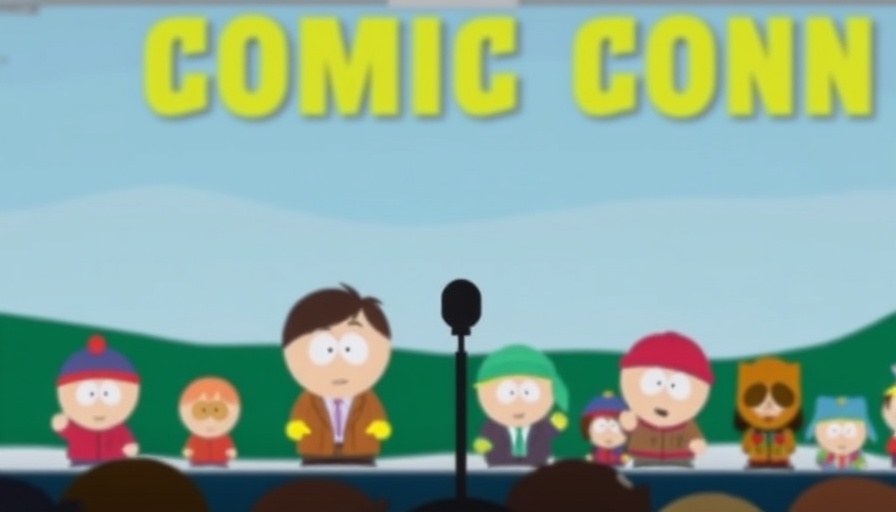
When Comedy Meets Controversy
At the iconic Comic-Con event in San Diego, the co-creator of the animated series South Park, Trey Parker, sparked laughter and a hint of rebellion as he addressed recent outrage from the White House over the show’s provocative season premiere. The episode featured a risqué depiction of former President Trump in bed with Satan, a comedic choice that has evidently raised eyebrows in political circles.
A Deadpan Response
Parker's dry humor was on full display as he responded to the controversy with a tongue-in-cheek, 'We’re terribly sorry,' before delivering a long, comedic stare that sent waves of laughter through the audience. This reaction not only highlighted Parker's and his co-creator Matt Stone's signature comedic style but also drew attention to the ongoing tensions between satirical media and political power.
White House's Take
The White House did not shy away from expressing its disdain, with spokesperson Taylor Rogers commenting that the show had not been relevant for over two decades and was merely attempting to attract attention with tired ideas. Rogers emphasized that Trump's effectiveness as a president cannot be undermined by what he described as a 'fourth-rate show,' reflecting a broader narrative in which political figures often dismiss critique from satirical platforms.
The Broader Implications
This exchange at Comic-Con exemplifies the evolving landscape of comedy, media, and politics, where sharp satire often invites backlash from those in power. Such instances not only entertain but also challenge viewers to reflect on societal values and the roles of media in holding leaders accountable.
As the debate continues about the relevance and impact of shows like South Park, it raises a crucial question: Can political satire still effectively challenge authority in today's media landscape? For residents of San Diego, the lively discussions surrounding such cultural phenomena remain a testament to the confluence of humor, politics, and public sentiment.
 Add Row
Add Row  Add
Add 




Write A Comment